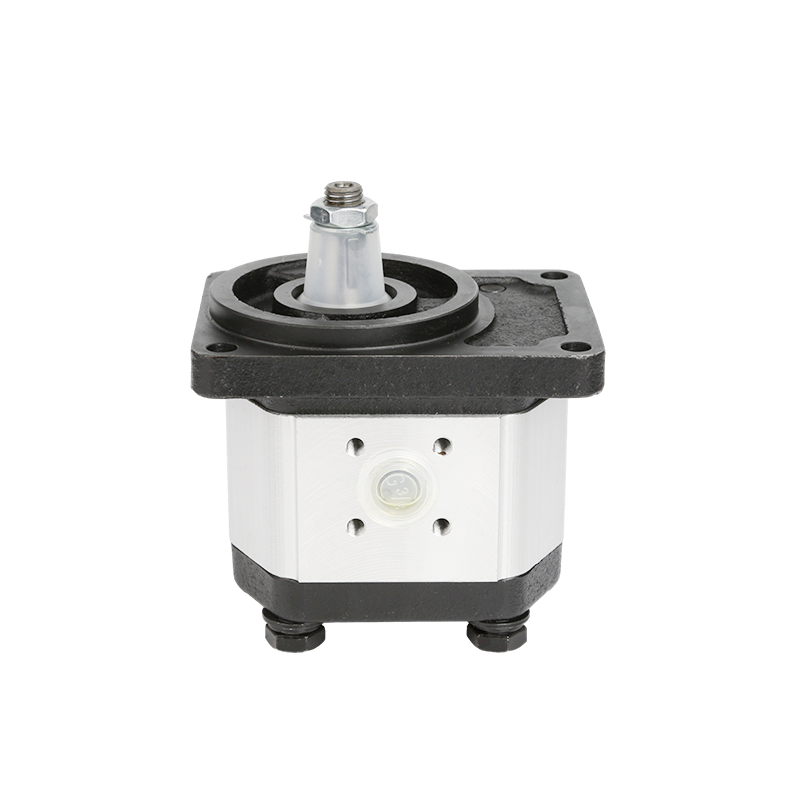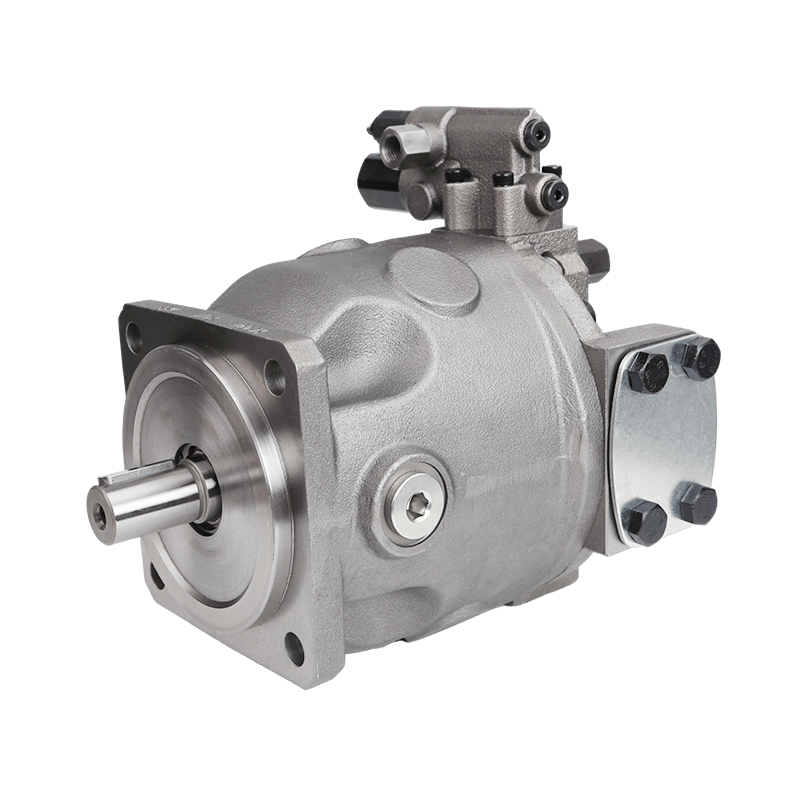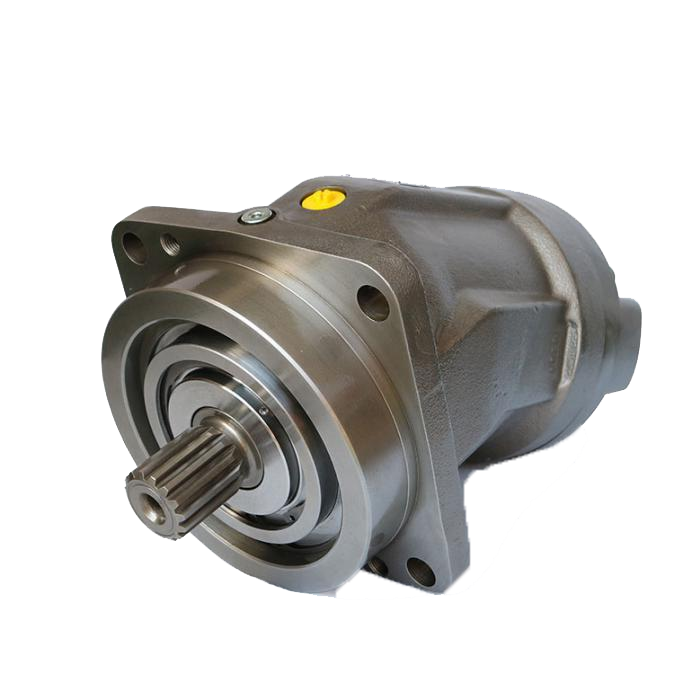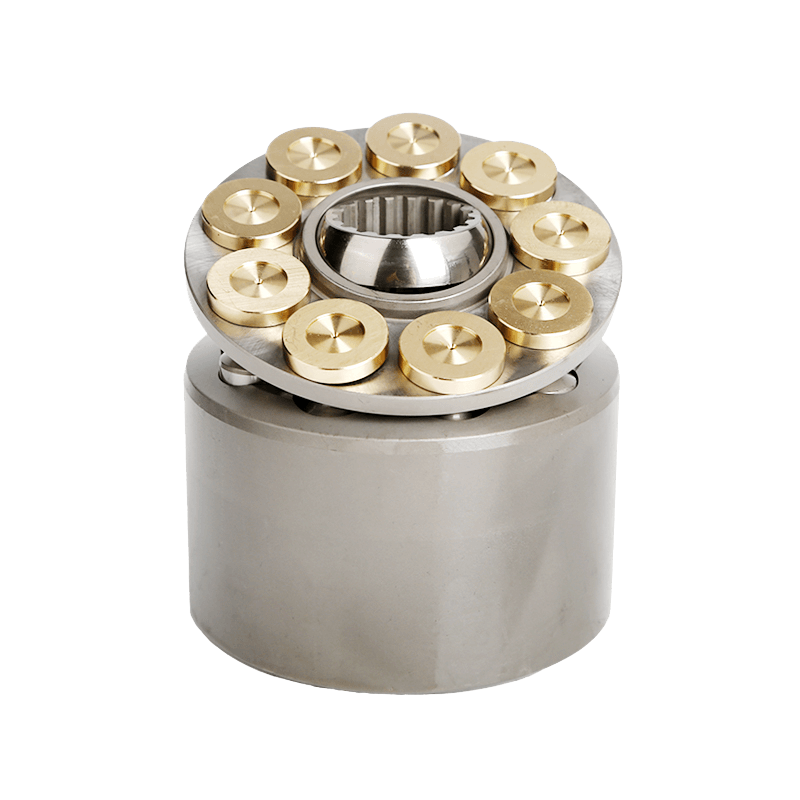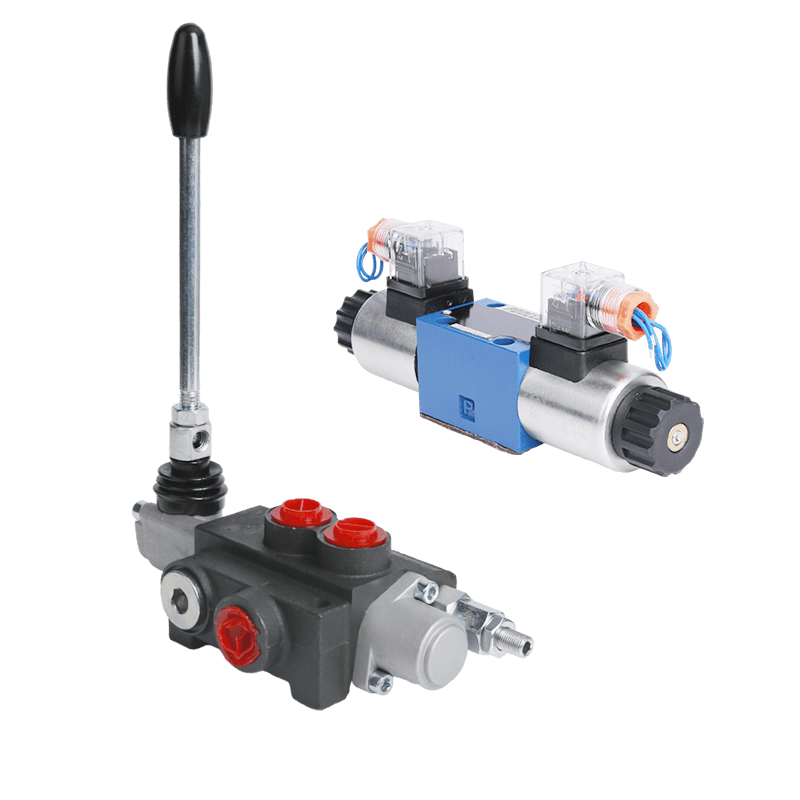Hydraulikpumpen change mechanical energy into fluid movement. They act as the main power source for hydraulic systems. These systems are vital in many areas. They power vehicles, factory machines, and heavy building equipment. Hydraulic pumps provide the strength needed for efficient, high-quality work.
What are the signs that a hydraulic pump is failing? Knowing these signs can save time and money. Addressing issues early prevents bigger problems. Hydraulic pumps usually show four key symptoms when failing: overheating, strange noises, leaks, and sluggish performance. Each symptom offers clues about what might be wrong with the system.
Hydraulic Pump is Overheating
Overheating is a major issue for hydraulic systems. Blocked heat exchangers or vents can cause trouble. Dirt or debris in the air can reduce the pump’s ability to release heat. High temperatures harm the hydraulic fluid’s thickness. This shortens the fluid’s life. It also lowers work efficiency. Dirty fluids, from outside debris or internal particles, make heat problems worse. They clog pathways and increase friction.
Over-pressurization in the system can also cause overheating. This condition strains the fluid and pump parts. It speeds up wear and damage. Regular cleaning of vents helps avoid these risks. Keeping pressure at proper levels is also key.
Hydraulic Pump Is Making Unusual Noises
A healthy hydraulic pump makes some noise during work. New or odd sounds are a warning sign. The most common cause is dirty hydraulic fluid. This happens through aeration or cavitation. Aeration occurs when air enters through leaks in seals or parts. Cavitation happens when uneven pressure forms air pockets in the fluid.
These air bubbles disrupt normal work. They collapse under pressure during pumping cycles. This causes loud bangs or high-pitched whines. These noises signal a problem in the system.
To fix this issue:
- Check seals often for wear.
- Ensure all connections are secure.
- Watch pressure levels closely during work.
Ignoring these sounds can cause worse damage over time. Internal parts wear out faster under abnormal conditions.
Hydraulic Pump Is Leaking
Leaks are a clear sign of trouble in a hydraulic system. They come in two types: external and internal leaks.
External leaks are easier to spot. They appear as puddles under machines. They can also show as sprays from pressurized lines. Damaged hoses or loose connections often cause these. Internal leaks are harder to find. They are just as harmful. They reduce pressure output. Degraded valves or worn pump parts cause internal leaks.
To diagnose internal leakage:
- Check fluid levels in different system sections.
- Test pressure outputs regularly.
- Consult trained technicians if issues continue after routine checks.
Fixing leaks quickly prevents further problems. Contamination can spread through sensitive system areas. Repairs become costlier if delayed. Act fast to protect the investment. This ensures equipment lasts longer. It keeps productivity high.
Hydraulic Pump Is Running Slow
Sluggish or unstable performance is a clear sign of pump trouble. Several factors can cause this. Overheating is one. Dirty hydraulic fluid is another. Pressure problems also play a role. Overheating harms the fluid’s thickness. This reduces efficiency and shortens fluid life. Dirty fluid clogs valves and pathways. This slows the system’s work.
Worn internal pump parts are another common cause. Aging components lose efficiency over time. They struggle under stress from heat or dirty fluid.
To fix slow performance:
- Check the system often for overheating signs.
- Keep hydraulic fluid clean. Replace it as needed.
- Inspect internal parts for wear. Replace them if necessary.
Preventive maintenance is vital. It avoids sluggish performance. Experts suggest service checks every 10,000 hours of work. This ensures all parts work at their best.
Choose POOCCA for High-Quality Hydraulic Pumps
POOCCA is a trusted name for reliable hydraulic pumps. Established in 2006, POOCCA has over 26 years of experience. They make high-quality hydraulic products. These include pumps, motors, valves, and accessories. POOCCA is a full-service hydraulic company. They focus on research, development, manufacturing, maintenance, and sales of hydraulic pumps.
POOCCA’s modern facilities cover over 8,000 square meters. They use advanced tools like CNC gear grinders and automatic gear inspection systems. These allow production of a wide range of hydraulic products. These products suit fields like building, farming, metalwork, and oil industries.
POOCCA’s team has over 300 professionals. This includes 18 technical experts. Their knowledge ensures innovative, high-quality products. POOCCA delivers custom solutions to meet varied client needs.
POOCCA’s product lineup includes:
- Ronzio Z3 Series Gear Pump: Known for high volumetric efficiency (95%) and quiet operation.
- Rexroth A10VSO Series Axial Piston Variable Pump: Offers precise flow rates tied to transmission speed.
- Parker TG Series Powertrain: Built for heavy-duty tasks with torque transmission over 13,000 pound-inches.
POOCCA’s quality commitment goes beyond manufacturing. They offer a wide range of hydraulic pumps and motors. They also provide reverse engineering services. Every unit faces strict quality checks before delivery. This ensures top performance.
For clients needing custom solutions, POOCCA offers tailored products. They handle product design and packaging customization. POOCCA aims to provide complete solutions for all client needs.
Choose POOCCA for the next hydraulic pump purchase. Experience unmatched dependability and cutting-edge technology!
FAQ
How to tell if a hydraulic pump is going bad?
Common signs of hydraulic pump failure include overheating, strange noises, leaks, and sluggish performance. Knowing these signs is important for any hydraulic system use.
What is the most reliable indicator of a faulty hydraulic pump?
The most reliable signs of a faulty hydraulic pump are overheating, leaking, lack of power, and odd noises. Recognizing these signs is key for any hydraulic system.
What are the symptoms of hydraulic failure?
Symptoms of hydraulic pump failure include:
- Reduced performance and efficiency.
- Gradual or sudden loss of power.
- Slower operating speeds.
- Jumpy or erratic movements.
- Strange noises like grinding or screeching.
- Hydraulic fluid issues.
- Hydraulic leaks.
What is the life expectancy of a hydraulic pump?
The life expectancy of a hydraulic pump is measured in hours, not years. On average:
- Gear pump: 10,000–15,000 hours (about 5–7 years of use).
- Vane pump: 12,000–18,000 hours (about 6–9 years of use).

